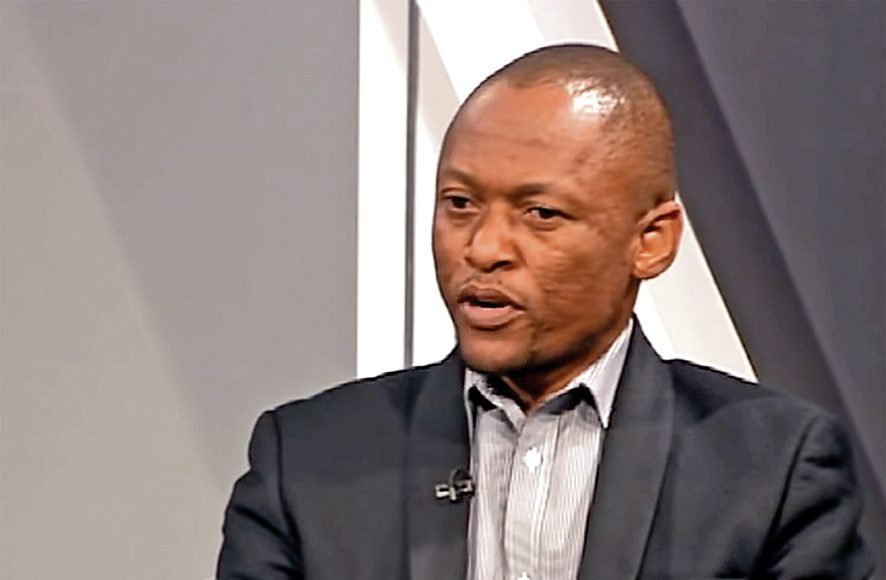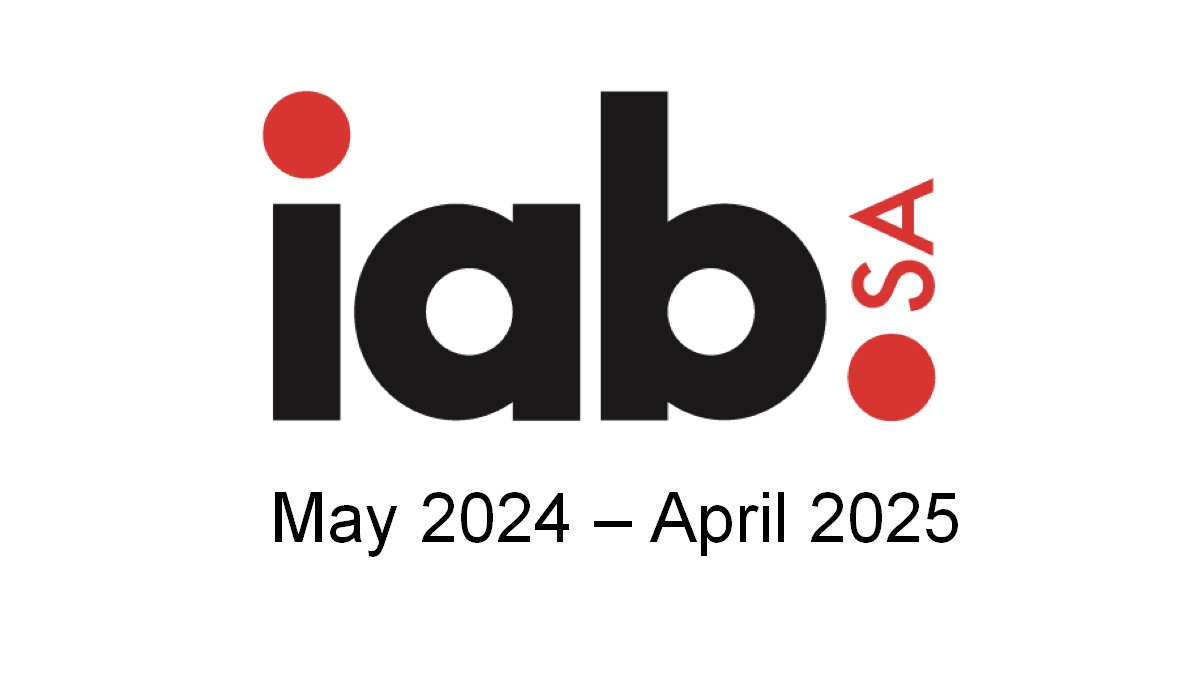Johannesburg – The PSL and other sports federations such as rugby and cricket received a shot in the arm after the Independent Communications Authority of SA (Icasa) determined that the exclusivity of sports broadcasting rights was vital for the survival of various sports organisations.
Going forward, broadcast deals would be reduced from five to three years.
The National Soccer League is breathing a huge sigh of relief after PSL matches and the Soweto derby were removed from the list of national sporting events.
This was giving PSL chairman Irvin Khoza sleepless nights and he once declared that the PSL would have to close shop if exclusivity in their broadcast deals was taken away by Icasa.
In 2007, a landmark R1.6-billion broadcast deal was struck between the PSL and a pay channel. Four years later in 2011, the deal was improved to a reported R2-billion deal. Public broadcaster SABC was offered a sub-licence.
“Yes, PSL has been removed from the list because it does not have the characteristics of the national sporting events. ‘Popularity’ does not qualify as a national sporting event. In terms of derby for instance, PSL will decide where it wants it to be broadcast as per their broadcasting rights,” said Icasa’s Paseka Maleka.
“Like the first draft regulations, the purpose of the regulations is to ensure that South Africans have access to sporting events that are deemed to be of national interest. Sporting events of national interest are the events where a senior national team or an individual who is representing the country at international platforms, for instance Bafana Bafana, Banyana Banyana and Springboks.
“The regulations will be reviewed every five years since most of the rights are for four years and, in terms of regulatory process, one can only ascertain if something needs to be changed or has had an impact any time from three to five years. Even though the regulations will be reviewed every five years, the regulations allow for the addition or removal of an event in the list.
“The objective is to ensure that there is access to sporting events by citizens. Whether Safa will be able to be on pay channels is a contractual arrangement and the Electronic Communication Act does not permit the authority to be involved in the contractual arrangement of our licensees. Lastly, Icasa regulates its licensees and not sport federations.”
Follow @SundayWorldZA on Twitter and @sundayworldza on Instagram, or like our Facebook Page, Sunday World, by clicking here for the latest breaking news in South Africa. To Subscribe to Sunday World, click here.
Sunday World




